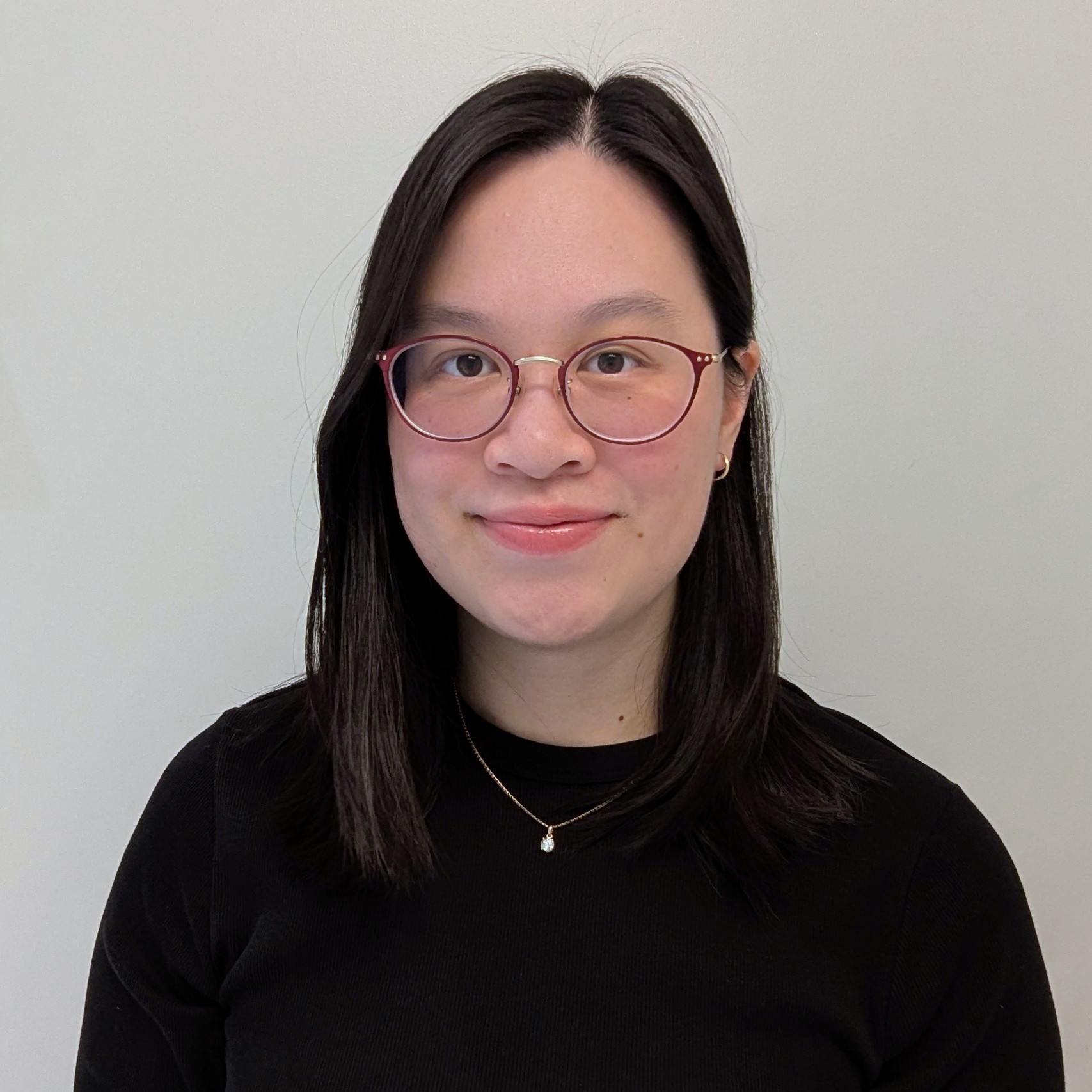Auditory feedback in speech development

I led this research project to investigate the process of speech development in children. We were interested in understanding the role of auditory feedback - the sound of our own voices - in this process. The sound of our own voices can tell us when we have made a mistake in our speech, but less is known about how this information helps us to learn the correct speech sounds when we are young. With colleagues and collaborators, I investigated how younger and older children correct for errors that are artificially added into their speech feedback, and found that older kids are better able to make direct corrections. This indicates that the ability to integrate auditory feedback gets better as kids get older.
Publication
Cheung, S.T., Thompson, K., Chen, J.L., Yunusova, Y., Beal, D.S. (2021) “Response patterns to vowel formant perturbations in children.” The Journal of the Acoustical Society of America. 150(4):2647–2654. doi:10.1121/10.0006567.
Presentations
Cheung, S., Thompson, K., Quinn de Launay, K., Yunusova, Y., & Beal, D. “Compensation and adaptation to vowel perturbation in children aged 4 to 9.” at Madonna Conference on Motor Speech, Savannah, GA, February 2018.
Cheung, S., Quinn de Launay, K., & Beal, D. “Altered auditory feedback in the study of children’s speech production: A scoping review.” at 2017 American Speech-Language-Hearing Convention, Los Angeles, CA, November 2017. Download.
Funding
Natural Sciences and Engineering Council of Canada; Wildcat Graduate Scholarship; Eleanor Cate Allen Fellowship; Kimel Family Graduate Student Scholarship in Paediatric Rehabilitation
